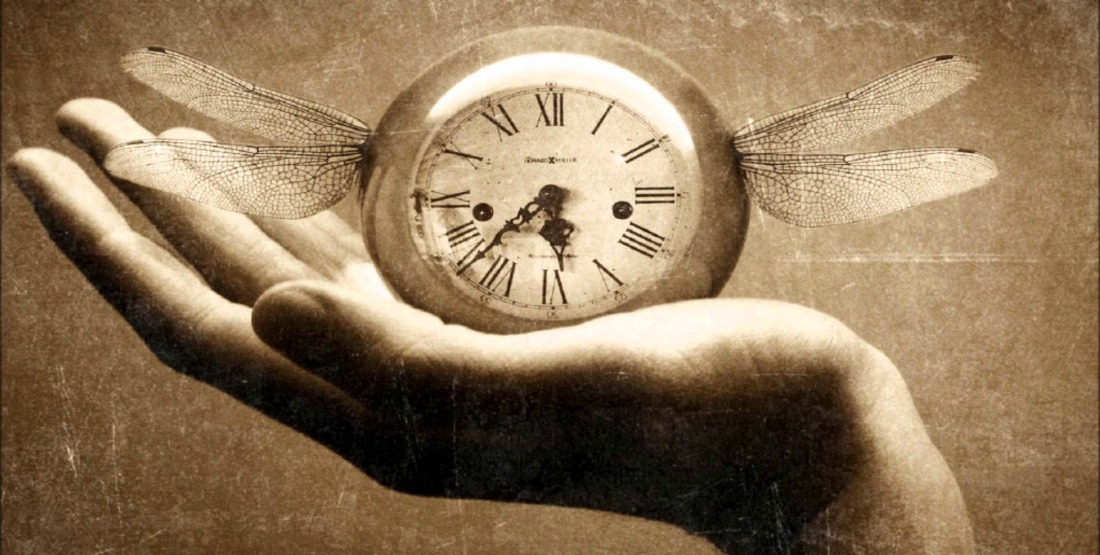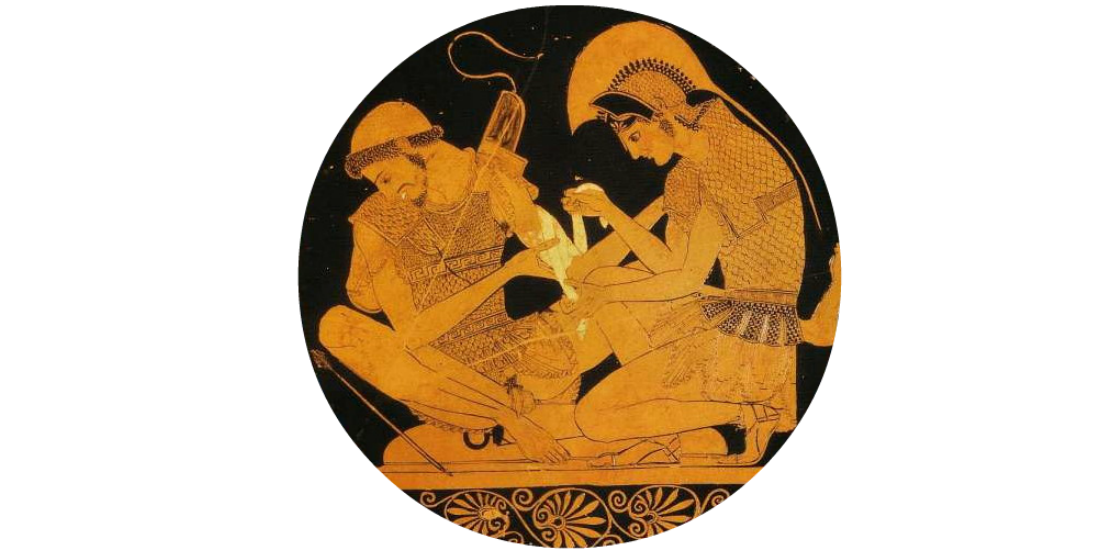People Are Talking About ALS Now. It’s About Time.
My grandmother was a strong, stubborn woman, part Irish and part Pennsylvania Dutch, raised amid the worst of the Great Depression. She didn’t take kindly to anything that slowed her down, and this included the early symptoms of ALS.
By the time the formal diagnosis came, the disorder was moving very quickly. In rapid succession, she lost the ability to climb down stairs; to walk; to sit up; to talk at all. During one of our last visits, I can remember marveling at the steely determination she showed as she raised her hand and pointed.
She became good at pointing. She pointed when she wanted something done; she pointed when she wanted you to know she loved you. The effort she summoned to make this small gesture was the same amount a healthy person might muster to climb a mountain.
She died in 1998 of an unrelated cause, shortly after she lost the ability to swallow. To the end, she remained sharp. It was only her body that failed her.







